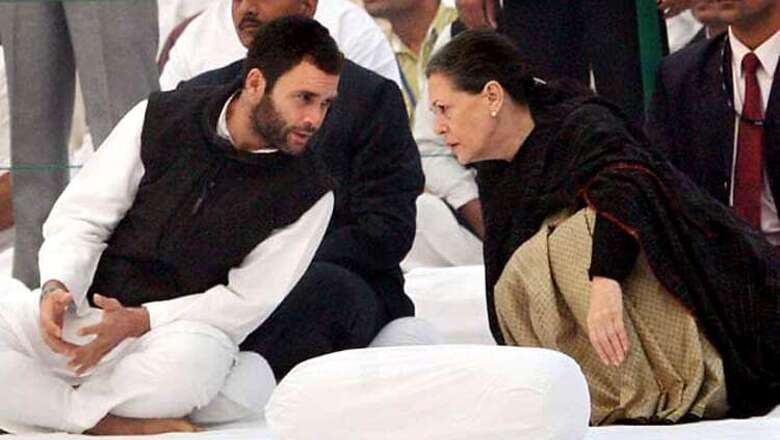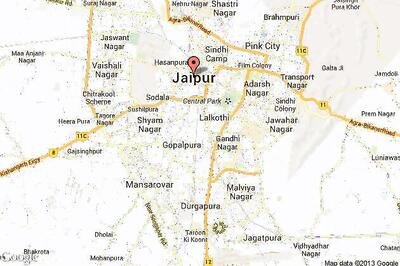
views
More than a year after the Congress debacle in the Lok Sabha, its leadership has conceded that its inability to communicate with the people was part of its undoing. The Party President while addressing Congress Chief Ministers is reported to have faulted the inability of the party to showcase the achievements of its UPA administration to the voters. The former Prime Minister, Manmohan Singh was gracious enough to go a step further and concede that his successor was more adept at communicating his 'sales pitch' than him. If a year’s introspection has helped the party leadership identify this critical challenge it is vital that party takes the next logical initiative. Is its inability to communicate and project its message and achievements its only crisis or is the challenge more fundamental. Is one attempting to deal with the symptom, rather than, tackling the more serious and deep rooted malaise.
While it is beyond the shadow of doubt that UPA II did little to maintain an effective line of communication with those who voted them to power, it can also be argued that there was not too much to actually report back about. During it second term, the UPA clearly stumbled from crisis to crisis, busy more with fire fighting and extinguishing the blaze set by one scandal after another. The government clearly seemed to be faced with a near policy paralysis and inertia in terms of meaningful strategic initiatives. The CSDS-Lokniti NES 2014 data, clearly indicates that the vote in 2014, was a categorical vote of no-confidence against the UPA and had little to do with its inability to communicate. It is vital to recognize that for a government which completes a decade in power, the capacity and will to communicate is a by-product of an energy and enthusiasm that flows from concrete achievements. While there seemed to be glaring inadequacies not merely in the governments (and parties) modes of communication, the challenge was that it seemed to be clutching at desperate straws while defending its track record. This fact made it easy for the BJP to launch a blistering attack against the ruling party and strategize its campaign using an effective communication blitzkrieg.
The Congress leadership has thus only admitted to what can be termed as half the problem. Even after the end of a year in the opposition, it seems hesitant to admit that its real challenge in the past (especially during UPA II) was its record of poor governance and its current challenge is its inability to seize the initiative to place the BJP led government on the defensive.
The last one year has been continuous stories of missed opportunities for the Congress party. Unable to recover from the catastrophic defeat of the Lok Sabha polls, the party went into long introspection. It preferred the path of collective responsibility for shouldering the blame for the debacle. In moments of crisis, experience has shown that everybody being responsible is tantamount to saying that nobody is responsible. Defeat requires an explanation. Defeat requires people to accept responsibility and be accountable. Moving forward after a defeat requires a well strategized action plan. Even after one year in the opposition, the party appears to be in no hurry to make public its roadmap for political rejuvenation. While quiet reflection at undisclosed locations and deep introspection over extended periods of time are welcome they can never be a substitute for active engagement in the political process. The first year of a new government, provides ample time and space for an opposition to re-charge its batteries, re-energize its cadres and re-assert its sustained presence. The government provided many an opportunity to the Congress opposition. The party seemed to have let the initiative slip away by refusing to get its political act together.
To play the role of an effective opposition, the Congress clearly needs to get its 'communication channels' active, assertive and abundantly visible. However, those 'communication channels' would need a substantial message delivered with sustained conviction by its leadership to its cadres in particular and the citizens in general to make a political splash. Having admitted its 'inability to effectively communicate ', one waits to see if the party would take the next logical step of developing the appropriate, relevant and credible messages to communicate. While the 'medium' is vital the 'message' and the 'messenger' are both of decisive political significance.
(Dr Sandeep Shastri is an election and political analyst for CNN-IBN and the Pro Vice Chancellor of Jain University at Bengaluru.)

















Comments
0 comment